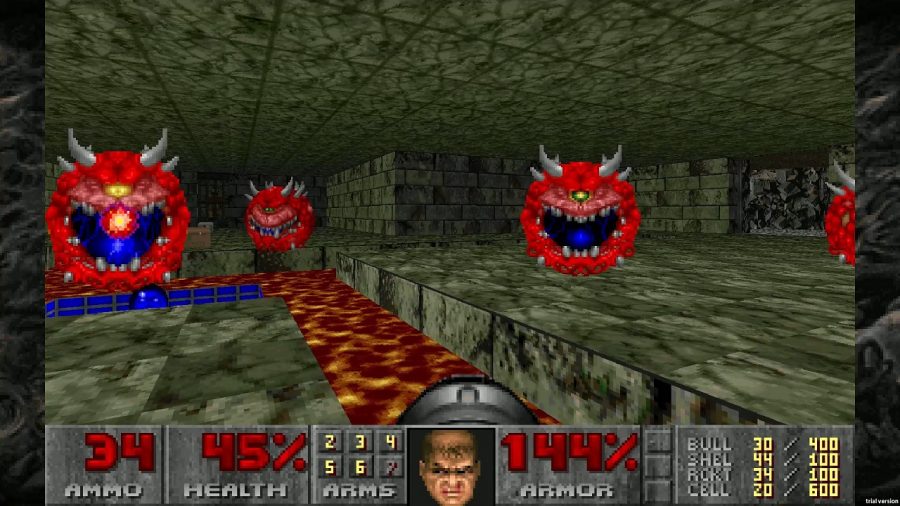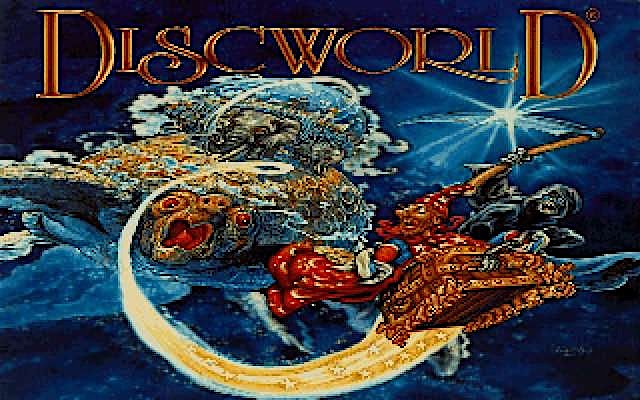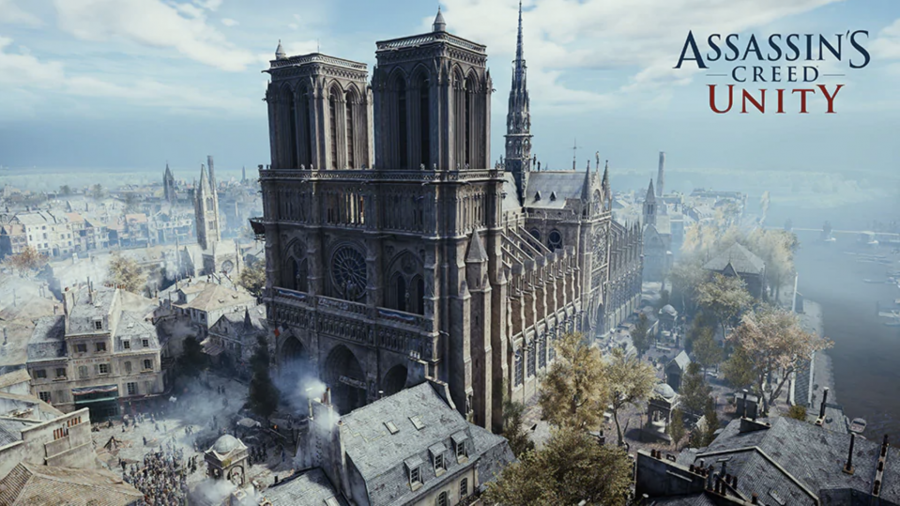When David Lynch and Mark Frost’s Twin Peaks premiered on ABC in 1990, viewers across America were treated to a televisual experience like none they’d ever had before. Four years earlier, something similar had happened to the unsuspecting moviegoers who went to see Lynch’s breakout feature Blue Velvet, an experience described as eye-opening by even David Foster Wallace. A dedicated meditator with an interest in plunging into unexplored realms of consciousness, Lynch tends to bring his audience right along with him in his work, whether that work be cinema, television, visual art, music, or comic strips. Only natural, then, that Lynch would take an interest in the artistic and experiential possibilities of virtual reality.
Last year we featured the first glimpse of a Twin Peaks virtual reality experience in development, revealed at Lynch’s Festival of Disruption in Los Angeles. “The best news is that the company developing the game, Collider Games, is giving creative control to Lynch,” wrote Ted Mills, and now, with the release of Twin Peaks VR’s official trailer, we can get a clearer idea of what Lynch has planned for players. As Laura Snoad writes at It’s Nice That, Lynch has used the opportunity to revisit “well-known environments featured in the series, such as the iconic Red Room (the stripy-floored, velvet curtain-clad parallel universe where Agent Cooper meets murdered teen Laura Palmer), the Twin Peaks’ Sheriff’s Department and the pine-filled forest around the fictional Washington town.”
This will come as good news indeed to those of us Twin Peaks enthusiasts who’ve made the pilgrimage to Snoqualmie, North Bend, and Fall City, the real-life Washington towns where Lynch and his collaborators shot the series. But Twin Peak VR will offer a greater variety of challenges than snapping photos of the series’ locations and chatting with bemused locals: Snoad writes that each environment is constructed like an escape room. “Solving puzzles to help Agent Cooper and Gordon Cole (the FBI agent played by Lynch himself), players will also meet some of the show’s weird and terrifying characters, from the backwards-speaking inhabitants of the Black Lodge to the terrifying Bob himself.”
Available via Steam on Oculus Rift, Vive, and Valve Index this month, with Oculus Quest and PlayStation VR versions scheduled, Twin Peaks VR should give a fair few virtual-reality holdouts a compelling reason to put on the goggles — much as Twin Peaks the show caused the cinéastes of the 1990s to break down and watch evening TV. Enjoying Lynch’s work, whatever its medium, has always felt like plunging into a dream: not like watching his dream, but experiencing a dream he’s made for us. If virtual-reality technology has finally come anywhere close to the vividness of Lynch’s imagination, Twin Peaks VR will mark the next step in his artistic evolution. But for now, to paraphrase no less a Lynch fan than Wallace, the one thing we can say with total confidence is that it will be… Lynchian.
via It’s Nice That
Related Content:
Watch an Epic, 4‑Hour Video Essay on the Making & Mythology of David Lynch’s Twin Peaks
Twin Peaks Actually Explained: A Four-Hour Video Essay Demystifies It All
David Lynch Is Creating a Virtual Reality Experience for Twin Peaks
Twin Peaks Tarot Cards Now Available as 78-Card Deck
David Lynch Directs a Mini-Season of Twin Peaks in the Form of Japanese Coffee Commercials
Play the Twin Peaks Video Game: Retro Fun for David Lynch Fans
Based in Seoul, Colin Marshall writes and broadcasts on cities, language, and culture. His projects include the book The Stateless City: a Walk through 21st-Century Los Angeles and the video series The City in Cinema. Follow him on Twitter at @colinmarshall or on Facebook.




